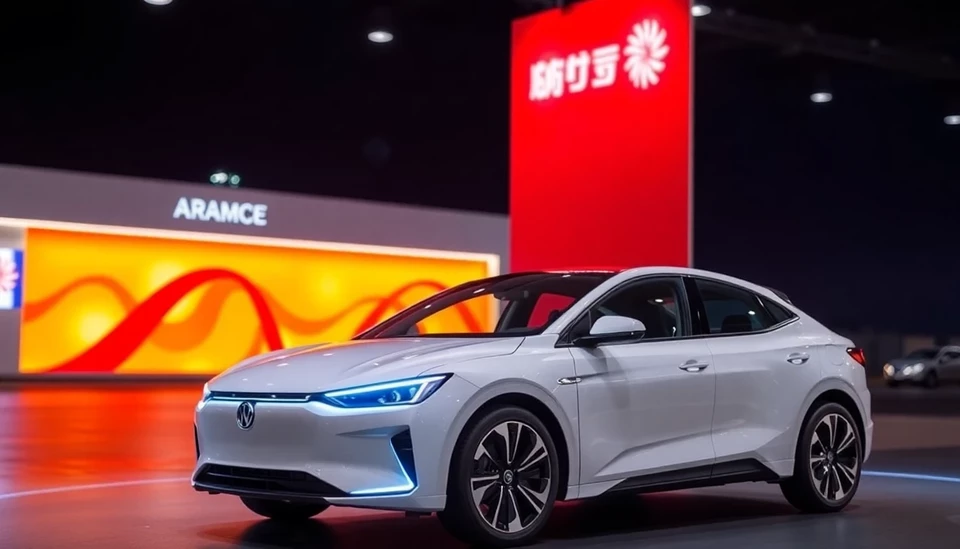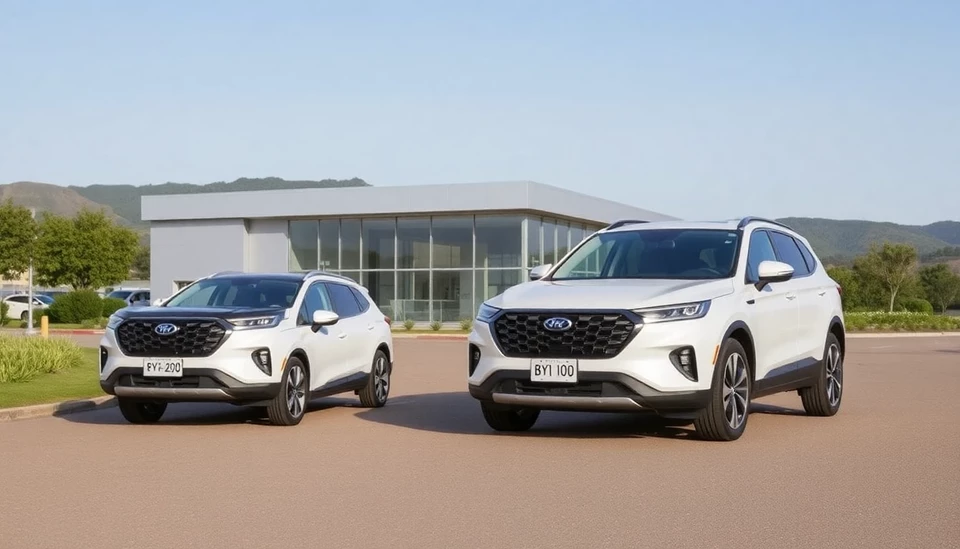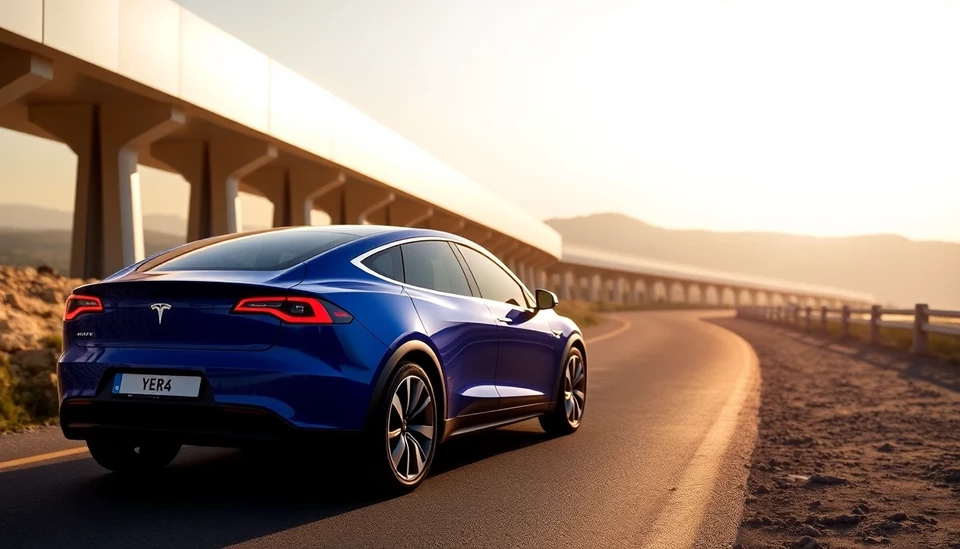
A recently leaked letter from BYD, one of China's leading electric vehicle (EV) manufacturers, has sparked discussions about an impending price war in the country's already competitive EV sector. This development could significantly alter the landscape for numerous automotive players as they brace for aggressive pricing strategies aimed at maintaining market share and stimulating demand.
The letter, which is believed to have been directed at the company's shareholders, points to BYD's plans to cut prices on several models in the near future. This shift appears to stem from the company's desire to counteract declining sales and intensify competition with other EV manufacturers within China, especially as they face surging costs of raw materials and the ongoing challenge of transitioning to energy-efficient vehicles.
Industry analysts suggest that BYD's move could trigger a ripple effect throughout the EV market, prompting rival companies to lower their prices as well. Such reactions could escalate into a full-blown price war, which analysts warn may compress profit margins across the sector, particularly affecting less profitable manufacturers who may struggle to sustain themselves in a rapidly shifting market linked to consumer preferences.
This leaked information also raises questions about the long-term viability of the Chinese EV market, which has had unprecedented growth over the past few years. As companies like BYD gear up for more aggressive strategies, the sector could witness increased volatility, reshaping the competitive dynamics among domestic and international automotive brands vying for consumer attention.
BYD's proactive stance reflects a broader trend where manufacturers are not only focusing on technological advancements but are also adapting to consumer expectations for lower-priced vehicles. With electric vehicles making a significant impact in urban transportation, the pressure on manufacturers to innovate while balancing cost is intensifying.
The possibility of a price war may also influence consumer behavior. Potential buyers might delay purchases in anticipation of further discounts, which can disrupt sales cycles and lead to erratic sales figures, making it difficult for companies to forecast revenue.
Ultimately, all eyes will be on how BYD's competitors respond to this announcement. Companies like Tesla, Nio, and Xpeng must decide whether to follow suit with price reductions or risk being outpaced in a market where price sensitivity among consumers is becoming ever more pronounced.
As this situation develops, stakeholders will be watching closely to determine the short-term and long-term implications for the future of EVs in China and beyond. If a price war does ensue, the repercussions may extend beyond manufacturer balances sheets and into the realm of market dynamics—reshaping the burgeoning landscape of electric mobility.
As global investors and local consumers navigate this evolving scenario, the focus will remain on how these shifts will redefine the market, potentially setting the stage for a new era in automotive strategies centered around affordability and accessibility.
#BYD #ElectricVehicles #EVMarket #PriceWar #ChinaAutomobile #Tesla #Nio #Xpeng #AutomotiveNews #MarketTrends
Author: John Harris




